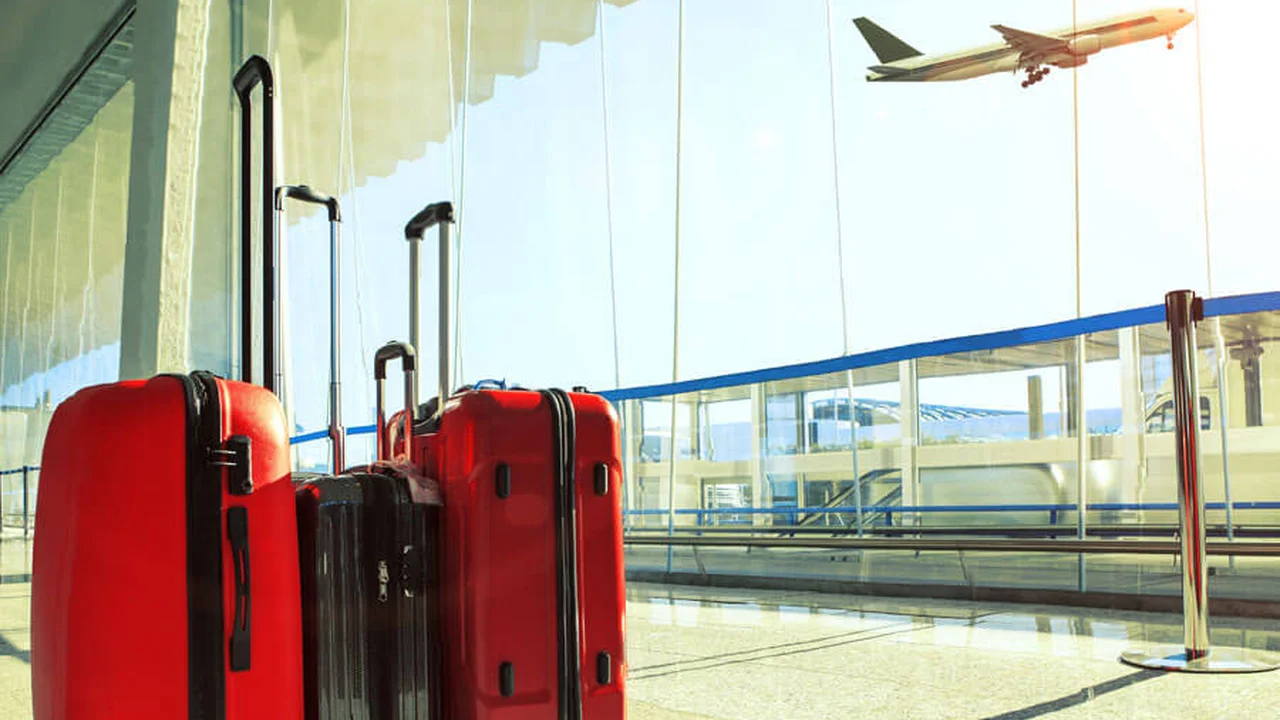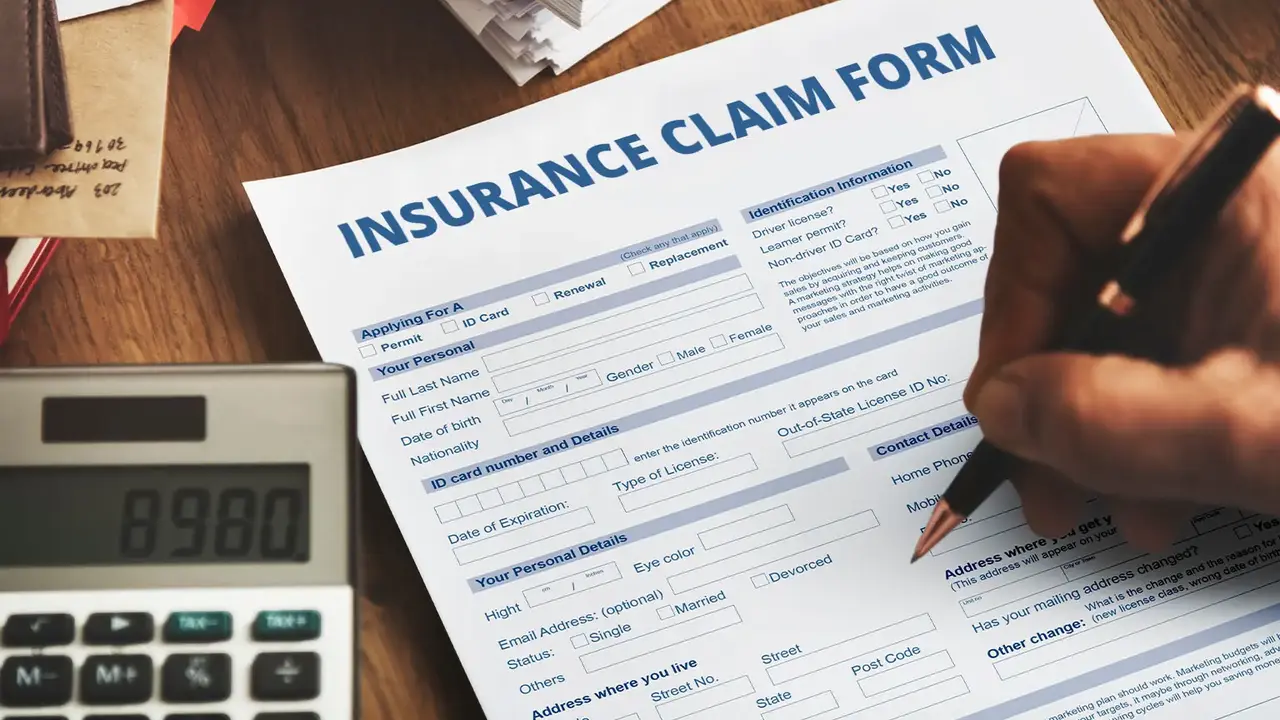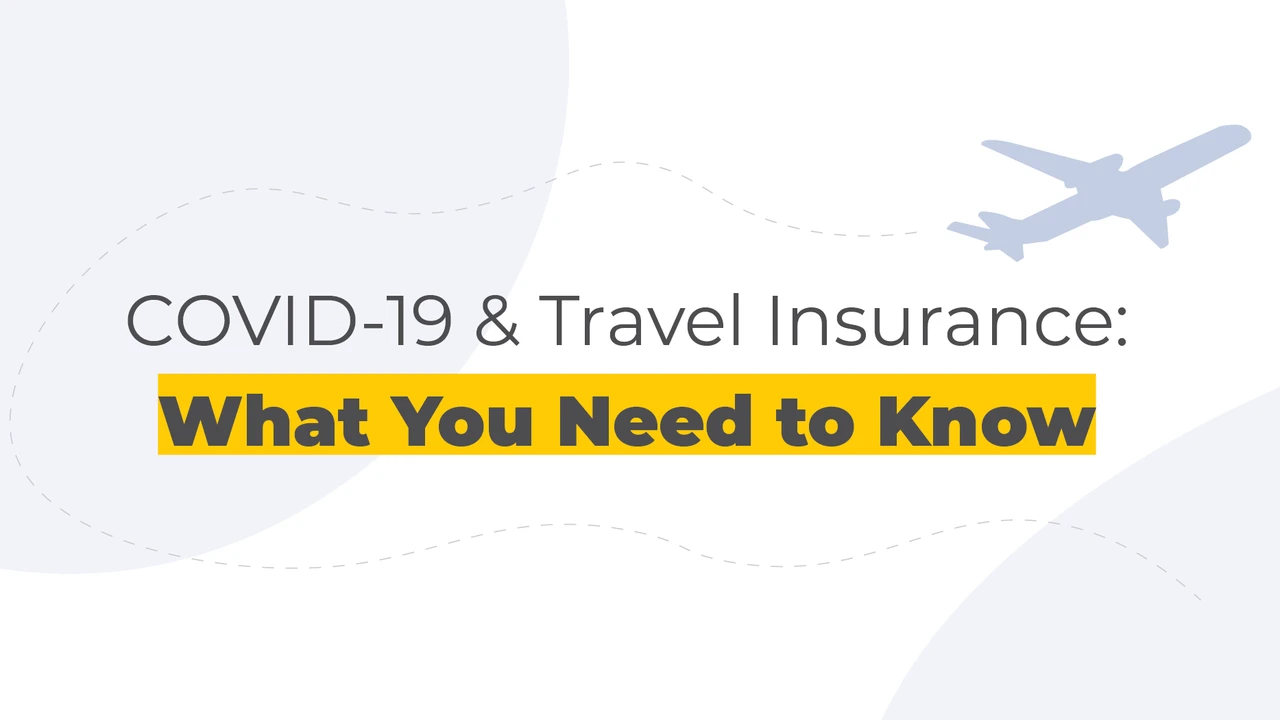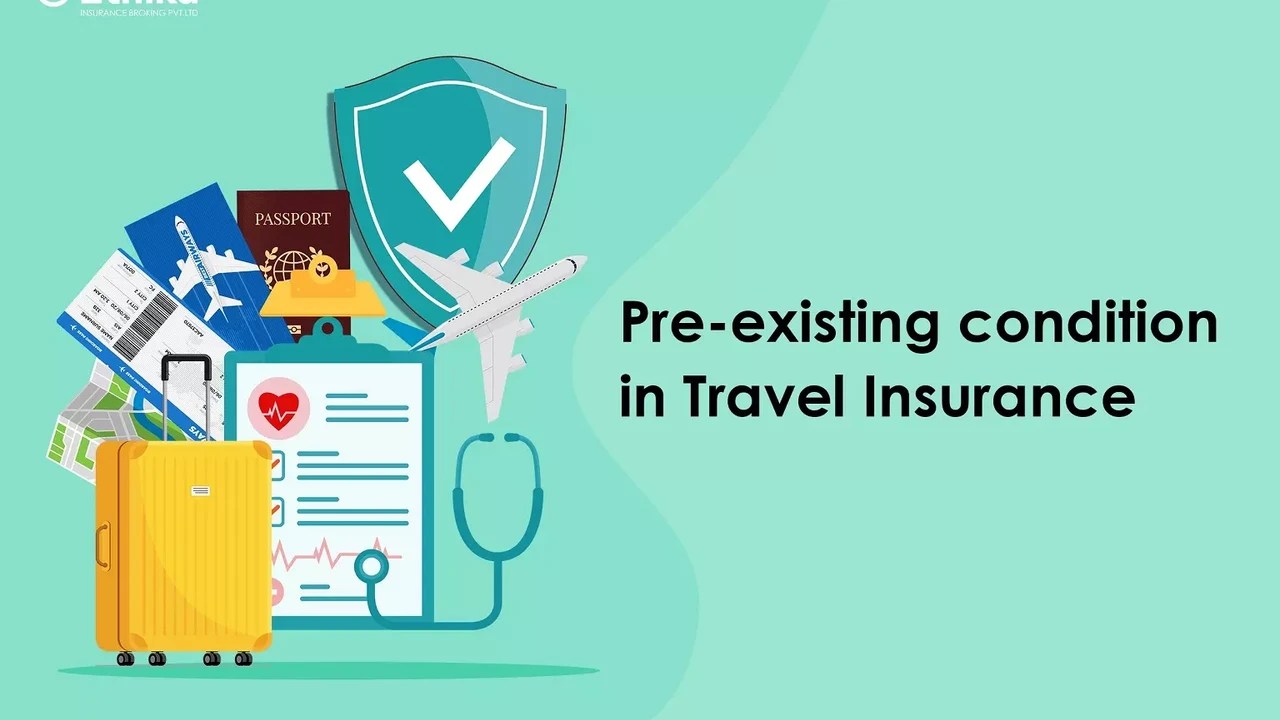Travel Insurance and Unattended Belongings: A Claim Risk

Understanding the Risks Unattended Belongings and Travel Insurance
So, you're jet-setting off to some exotic locale, ready for adventure. Awesome! But before you get completely lost in the thrill of it all, let's talk about something a little less exciting, but super important: travel insurance and your belongings. Specifically, what happens when you leave your stuff unattended. Trust me, understanding this can save you a whole heap of trouble (and money) down the road.
Think about it. You're on a crowded train in Rome, mesmerized by the passing scenery. You briefly set down your backpack to snap a photo. Boom! Gone. Or maybe you're enjoying a beachside cocktail in Bali, leaving your phone on your towel while you take a dip. Splash! Vanished. These things happen. And when they do, you'll be mighty glad you have travel insurance... or will you?
The truth is, many travel insurance policies have specific clauses regarding unattended belongings. They're not just going to automatically cover you if you leave your laptop on a park bench and it disappears. You need to understand the fine print.
Defining Unattended What Does Travel Insurance Consider "Unattended"?
This is where things get a little tricky. "Unattended" isn't always as straightforward as you might think. Insurance companies have their own definitions, and it's crucial to know them.
Generally speaking, "unattended" means that you were not within reasonable proximity to your belongings to prevent theft or loss. This doesn't necessarily mean you have to be glued to your suitcase 24/7, but it does mean you need to be taking reasonable precautions.
For example, leaving your bag on a restaurant chair while you go to the restroom might be considered unattended. Leaving your phone on your hotel bed while you grab breakfast downstairs might be okay, depending on the policy. The key is "reasonable."
Always check your policy's definition of "unattended." Some policies are stricter than others. Some might specify a distance limit (e.g., within 10 feet), while others might be more vague.
Common Scenarios Where Unattended Belongings Claims Are Denied Travel Insurance Claim Denials
Let's look at some real-life scenarios where claims involving unattended belongings are often denied:
- The Airport Nap: You're waiting for a delayed flight and decide to catch some Z's, leaving your bag next to you. While you're snoozing, someone makes off with it. Claim likely denied.
- The Beach Dip: You leave your phone and wallet on your towel while you go for a swim. When you return, they're gone. Claim likely denied.
- The Café Break: You're working on your laptop at a café, step away to order a coffee, and your laptop vanishes. Claim likely denied.
- The Hostel Lockers: You leave your valuables in an unlocked hostel locker and they disappear. Claim likely denied (as you didn't take reasonable care).
- The Train Journey: You place your bag on the overhead rack and fall asleep. When you wake up, it's gone. Claim likely denied.
The common thread here is that you, the insured, did not take reasonable steps to protect your belongings. You made it easy for someone to steal them.
What To Do If Your Belongings Are Stolen While Unattended Steps to Take After Theft
Okay, so you messed up and your stuff got stolen while unattended. Don't panic! Here's what you need to do:
- Report the Theft: Immediately report the theft to the local police and obtain a police report. This is crucial for your insurance claim. The report should include details of what was stolen, where it was stolen, and the approximate time of the theft.
- Notify Your Insurance Company: Contact your travel insurance company as soon as possible. They will provide you with instructions on how to file a claim.
- Gather Documentation: Collect all relevant documentation, including your policy details, police report, receipts for the stolen items (if you have them), and any other evidence that supports your claim.
- Be Honest: When filing your claim, be honest about the circumstances of the theft. Don't try to exaggerate or embellish the story. Honesty is always the best policy.
Even if your claim is ultimately denied, reporting the theft to the police can help prevent future incidents and potentially recover your belongings.
Tips for Protecting Your Belongings While Traveling Travel Security Best Practices
The best way to avoid the headache of a denied claim is to prevent theft in the first place. Here are some tips for protecting your belongings while traveling:
- Keep Your Belongings Within Sight: Never leave your belongings unattended, even for a moment. If you need to step away, ask someone you trust to watch them.
- Use Lockable Bags: Invest in bags with secure zippers and locks. This will make it more difficult for thieves to access your belongings.
- Be Aware of Your Surroundings: Pay attention to your surroundings and be aware of potential threats. If something feels off, trust your gut.
- Use Hotel Safes: Store valuables in the hotel safe whenever possible.
- Carry a Money Belt: Keep your passport, credit cards, and cash in a money belt or hidden pouch.
- Make Copies of Important Documents: Keep copies of your passport, driver's license, and other important documents in a separate location from the originals.
- Consider Travel Gadgets: There are many travel gadgets designed to deter theft, such as portable door alarms and RFID-blocking wallets.
- Spread Your Valuables: Don't keep all your cash and credit cards in one place. Spread them out in different pockets or bags.
Travel Insurance Policy Fine Print Unattended Belongings Clauses
Dig into your travel insurance policy! Look for sections on "theft," "loss," and "unattended belongings." Pay close attention to the definitions and exclusions. Some policies might have specific limits on the amount they will pay out for unattended belongings.
Some policies may require you to take "reasonable precautions" to protect your belongings. What constitutes "reasonable precautions" can be subjective, so it's important to understand what your insurance company considers reasonable.
Also, look for any exclusions related to specific types of belongings, such as jewelry, electronics, or cash. Some policies may have lower limits for these items or may not cover them at all if they are stolen while unattended.
Recommended Travel Insurance Providers and Policies Comprehensive Coverage Options
Choosing the right travel insurance policy is crucial. Here are a few reputable providers and policies known for their comprehensive coverage (though always check the fine print regarding unattended belongings!):
- World Nomads: Popular with backpackers and adventure travelers, World Nomads offers flexible policies with options for covering a wide range of activities. Their policies are often more expensive, but they tend to have broader coverage. Look at their Explorer Plan for better coverage.
- Allianz Travel Insurance: A well-established provider with a variety of plans to choose from. Their plans vary greatly, so compare carefully. Consider their Prime or Executive plans for more robust coverage.
- Travelex Insurance Services: Offers a range of travel insurance plans, including options for trip cancellation, medical expenses, and lost or stolen baggage. Their Travel Select plan is a popular choice.
- Seven Corners: Provides travel insurance for individuals, families, and groups. They have plans specifically designed for international students and expats. Consider their RoundTrip Choice plan.
Product Comparison:
| Provider | Plan | Price (Estimate for 1 week trip to Europe) | Unattended Belongings Coverage | Key Features |
|---|---|---|---|---|
| World Nomads | Explorer Plan | $120 | Subject to "reasonable precautions" clause; may have lower limits for electronics. | Covers adventure activities, emergency medical, trip cancellation. |
| Allianz Travel Insurance | Prime Plan | $95 | Subject to "reasonable precautions" clause; specific limits for certain items. | Covers trip cancellation, medical emergencies, and baggage loss. |
| Travelex Insurance Services | Travel Select | $80 | Subject to "reasonable precautions" clause; requires police report. | Covers trip cancellation, medical expenses, and baggage delay. |
| Seven Corners | RoundTrip Choice | $110 | Subject to "reasonable precautions" clause; may require proof of ownership. | Covers pre-existing conditions, trip interruption, and emergency medical. |
Disclaimer: Prices and coverage details are estimates and may vary depending on your trip details and individual circumstances. Always read the policy documents carefully before purchasing travel insurance.
Real-Life Claim Examples Unattended Belongings Claim Success Stories and Failures
Let's look at a few hypothetical claim examples:
- Claim Success: A traveler had their backpack stolen from a locked locker at a train station. They had a copy of the locker key and a police report. The insurance company approved the claim because the traveler had taken reasonable precautions to protect their belongings.
- Claim Failure: A traveler left their laptop on a table at a coffee shop while they went to the restroom. When they returned, the laptop was gone. The insurance company denied the claim because the traveler had left their belongings unattended and had not taken reasonable precautions to protect them.
- Claim Partially Approved: A traveler had their camera stolen from their hotel room while they were out sightseeing. The hotel room had been locked, but there were signs of forced entry. The insurance company approved the claim for the camera, but denied the claim for the cash that was also stolen from the room, as the traveler should have stored the cash in the hotel safe.
The Bottom Line Staying Safe and Insured
Travel insurance is a valuable tool for protecting yourself against unforeseen circumstances, but it's not a magic bullet. Understanding the terms and conditions of your policy, particularly the clauses regarding unattended belongings, is crucial. By taking reasonable precautions to protect your belongings and being aware of your surroundings, you can minimize the risk of theft and ensure that you're covered in the event of a loss. Remember, a little prevention goes a long way!
:max_bytes(150000):strip_icc()/277019-baked-pork-chops-with-cream-of-mushroom-soup-DDMFS-beauty-4x3-BG-7505-5762b731cf30447d9cbbbbbf387beafa.jpg)






